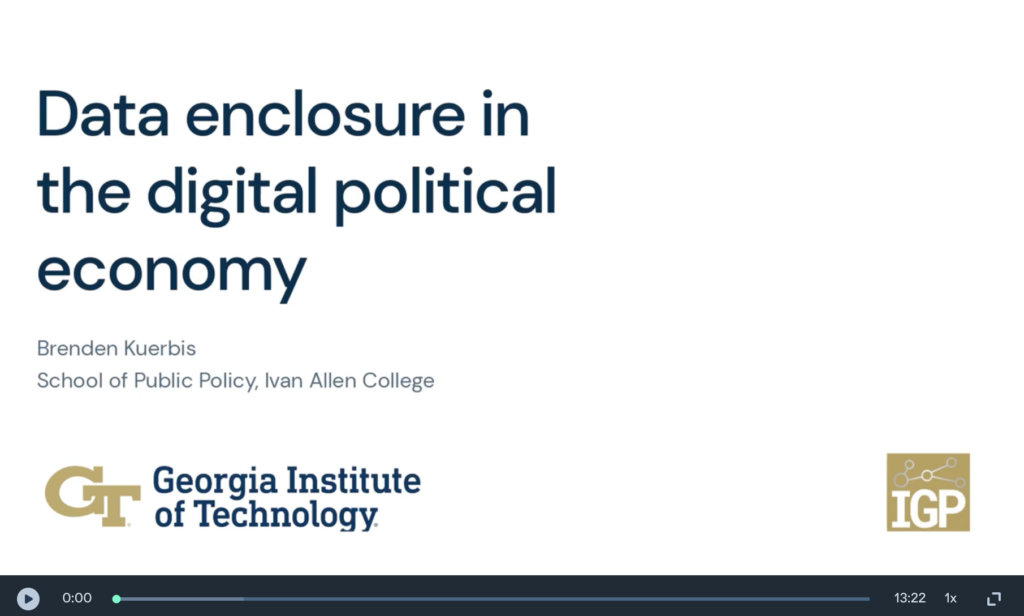New research from James Cooper, Garrett Johnson, Tesary Lin, and Liang Zhong uses YouTube’s settlement with the Federal Trade Commission over allegations that it violated the Children’s Online Privacy Protection Act (COPPA) as a natural experiment to evaluate the impact of eliminating personalization— including tailored ads and platform features like personalized search and content recommendations—on made-for-kids content. The study of 5,066 top American YouTube channels from 2018-2020 finds that child-directed content creators produce 13% less content and pivot towards producing non-child-directed content. On the demand side, views of child-directed channels fall by 22%. Consistent with the platform’s degraded capacity to match viewers to content, the study finds that content creation and content views become more concentrated among top child-directed YouTube channels. Read the full study here.


